As the world evolves, so, too, does the way we portray it. Stories told on big screens, small screens and stages around the world reflect who we are as people and cultures.
At least, that’s the idea.
Over the last few years, viewers and creatives have increasingly pushed to see a greater diversity of characters represented in popular culture. Antiquated institutions are having to catch up with the 21st century and heed the call for a wider variety of backgrounds and genders to be depicted in the stories we tell. Increasingly, non-binary and gender-expansive actors are making an impact in the entertainment world, offering their artistry in an authentic manner that wasn’t open to previous generations.
But what is it like to make your way in an industry that still struggles to let all voices be heard?
A Gendered Industry
Few occupations come with as many labels as the acting industry. Casting calls quite often involve very narrow and precise descriptions of what the production is looking for in terms of build, ethnicity, looks and gender.
If you think about it, gender – and the gender binary, in particular – has found its way into a lot of what actors do: stars are often described as having the qualities of a “leading man/woman”, films are labelled as rom-com “chick flicks” or “one-man army” action films. And then, if you find success as an actor, you may be nominated for an award – usually Best Actor or Best Actress, or their supporting equivalents.
There has been some effort to make these traditional ceremonies more accepting of gender-expansive performers. The Emmys, America’s most prestigious television awards, will invite nominees to choose the category they feel best suits their identity, and from 2021, all winners have the choice to be designated as a “Performer” in their award engraving, instead of “Actor/Actress”. Encouragingly, the MTV Movie Awards and Gotham Awards have eliminated gender specificity from their acting categories outright.
The most recent major discussion was provoked by Asia Kate Dillon (they/them), considered the first non-binary actor to play a non-binary character on US television, in the show Billions. In an open letter to the Screen Actors Guild regarding their experiences, the actor stated: “Separating people based on their assigned sex, and/or their gender identity, is not only irrelevant when it comes to how an acting performance should be judged, it is also a form of discrimination.”
They went on to argue that, given that other awards are not gender-specific (there is no Best Female or Male Director category, for example), it is both plausible and right to do the same for actors.
Right Roles, Wrong Reasons?
But are these measures futile if non-binary actors can’t find roles that represent who they are?
One actor who knows the highs and lows of working as a non-binary performer is E.M. Williams (they/them). During the global pandemic, Williams was seen around the world as the star of Dream, a virtual interactive performance broadcast by the Royal Shakespeare Company. With years of experience in the industry, they have unique insight into the multi-layered issues of representation.
“In terms of the industry, I can’t talk about that without talking about intersectionality,” they told AMEX Essentials. “I am mixed race, I am Black. Growing up in the ‘90s in the Midlands and thinking about television and media at the time. It is predominantly white, any kind of gay culture. So, I honestly didn’t think that Black people were allowed to be gay. Because I never saw it. People laugh when I say this, but I think it’s quite a universal experience for people of colour. So, yeah, basically, it took me a very long time to figure out some stuff.”
The demands of being noticed as a performer led Williams to realise it was time to put themselves first. “It felt like I was too much and not enough at the same time,” they recall. “And that is also quite a universal queer experience. I think it’s really funny, the way that you think you have to put yourself into boxes for the world to recognise you. I would try and fit the mould.”
For them, the already challenging environment of auditioning is made even more precarious due to the lack of diversity in positions of power. “Casting is the easiest place for representation” they say. “You can have a lot of companies, a lot of productions and producers who are all behind the scenes, looking the same. I remember going to the open auditions of Hamilton and being surprised to heck that six white cisgender men were behind that desk. And I was like, ‘This is Hamilton!’ You know, you go into films, you go into shoots, you go into rehearsals, and you look around the room. And predominantly, you’re still greeted by white, cis, middle-class faces.”
This can lead to doubts over the general intentions. “Now I feel like asking if I’m the token non-binary person here,” they say. “It makes you feel like a trendy afterthought, which is a horrible place to be, you know, it’s like you’re negating all of my skills, negating the time and effort and love and passion and experience that I have, and getting down to just two things about me that I can’t change. They’re everything to do with me, but they’re also nothing to do with me. You know? You can feel when a casting choice is made for the wrong reasons.”
Truly Inclusive Casting
For all the challenges, there are also moments of joy when an actor finds the space to be an artist on their own terms. The Royal Shakespeare Company’s Dream, a version of A Midsummer Night’s Dream broadcast all over the world during global lockdown, saw Williams play Puck, the magical being who guides the audience through a fantastical experience.
“I never felt like gender was a thing,” they said of their performance, which was done via motion capture. “It was one of the first and only jobs I’ve had where I wasn’t the only person of colour, and I wasn’t the only person that was trans. And that that was a real first. It was just about the way our bodies moved, and the best way to portray the characters, which is what drew me to physical theatre in the first place.”
On a broader scale, there have been a growing number of non-binary actors appearing in high-profile roles in recent years. As well as established actors such as Elliot Page (they/them/he/him) and Emma Corrin (they/them/she/her) coming out, there have been many non-binary actors breaking through in television and film. Vico Ortiz (they/them) recently played a significant role in Taika Waititi’s comedy Our Flag Means Death, notable as they were also playing a non-binary character. Mason Alexander Park (they/them) has been cast as Dream in the forthcoming adaptation of the beloved graphic novel Sandman; while Indya Moore (they/them/she/her) achieved notoriety in 2018 for the award-winning drama Pose, and will soon be seen in the upcoming blockbuster Aquaman and the Lost Kingdom.
A Long Way To Go
“I think representation is so important. I don’t think we can ever underestimate the importance of it,” Williams says of these successes.
However, they also express some trepidation, given that trailblazers often pay a heavy price. “I can’t help but slightly fear for these humans, because there’s a lot of fear,” they say. “There’s some mean people in the world, and the resilience that we are expected to have as marginalised and minoritised people, and the gratitude were expected to have had for these parts, worries me sometimes. Because yes, they are incredible roles. And these actors are phenomenal. But again, I’m coming back to the question of, are they protected?”
Williams also points out that representation is not just needed in front of the camera. “Who else in the team has been writing? Are all the creative and productive team cis people who’ve just decided to kind of jump on a non-binary bandwagon? I know it sounds very cynical. I hope not!” they say with a laugh.
“I’m just not clapping at crumbs anymore. You know, I’m just not anymore. So yes, they are incredible roles. All of those actors are phenomenal and have worked hard to get where they are. I just hope that they also have the structure of protection in place so that they can carry on thriving and being role models. But these are certainly steps in the right direction.”
Such hard but necessary questions need to be asked as we move forward with the kind of stories we tell in the future, while also looking for the heartening anecdotes that are sure to be found.
Vico Ortiz, for example, discussed in an interview with Nerds and Beyond how they were encouraged by the representation in all parts of production during Our Flag Means Death. “Knowing that there were writers in the room who are of non-binary and trans experience, knowing that I didn’t have to take on the responsibility of advocating for my character – it was really, really great. I felt very taken care of, and it was really nice,” they beamed, acknowledging that this hasn’t always been the case.
“There are, of course, times [on set] where you have important conversations, but when you have a space where you already feel safe, it is nice. I’m like, ‘Yes, let’s hold space for each other and have conversations that are deep and talk about masculinity and femininity and gender and sexuality and the construct of all that stuff.’ And it was really cool to come in with that energy already.”
“If You Can’t See It, You Can’t Be It”
The extent to which non-binary actors are able to thrive still depends largely on the variety of stories that movie and TV studios are willing to tell, and how authentically characters are portrayed.
One of the most anticipated streaming releases of 2022 will be horror movie They/Them, which – as its title implies – tells the story of young queer people (including non-binary characters) taking power into their own hands in a ruthless conversion therapy camp. Meanwhile, seminal ‘90s LGBTQ+ drama Queer As Folk will get a modern reimagining this month, with the streaming series featuring many trans and non-binary characters navigating their way through modern life.
While such representation is scarce in the world’s biggest movie franchises, there have been many reports that the forthcoming Marvel Cinematic Universe show Ironheart will feature the MCU’s first openly non-binary character.
It’s a time of both excitement and caution for transgender and Non-binary actors, as well as fans who tune in to see their stories. The community is in the relatively unique position of being introduced into mainstream fiction for the first time. However, in all the discourse it’s easy to forget just why this is so important.
“If you can’t see it, you can’t be it,” Williams tells us, when discussing the impact of culture and storytelling on the real world. “Unless it happens in big media like this, it doesn’t happen for us. So I’m excited about [opportunities for non-binary actors], because I think it’s going to push for change.”
EM Williams can be found on Twitter @ThEM_Williams.

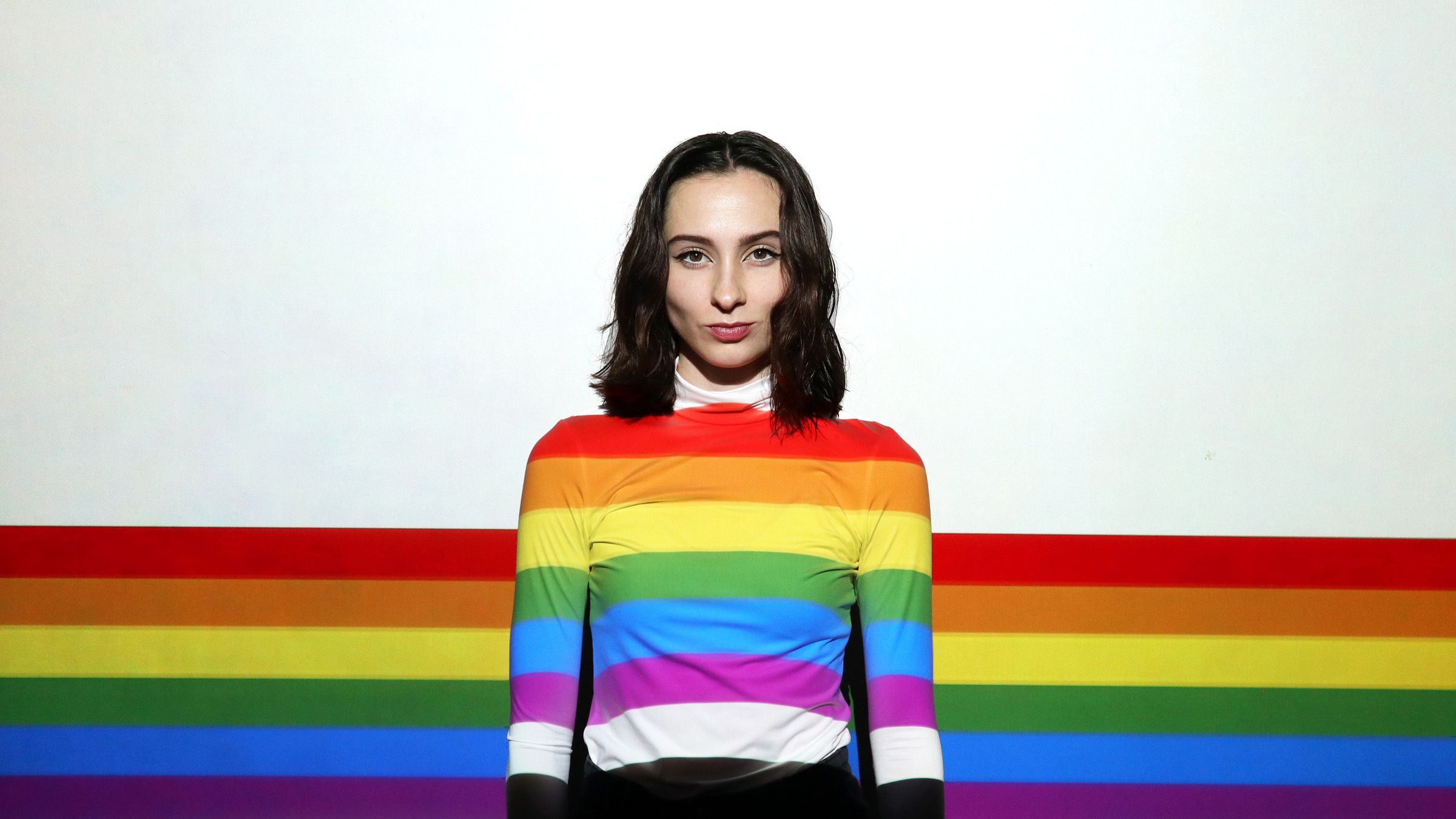

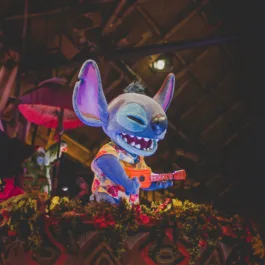

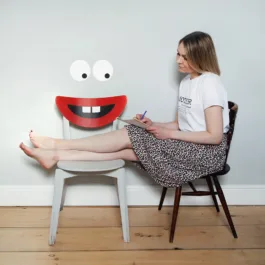
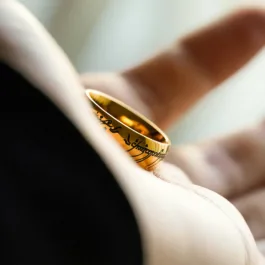
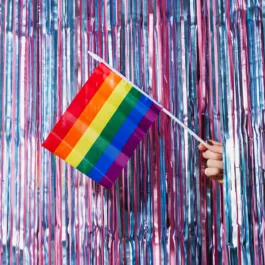
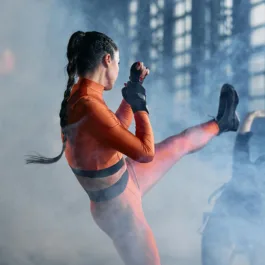
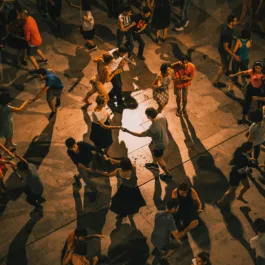
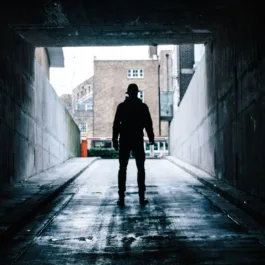

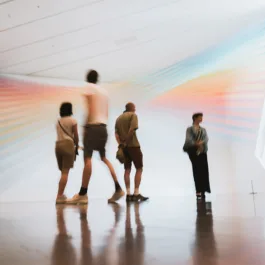
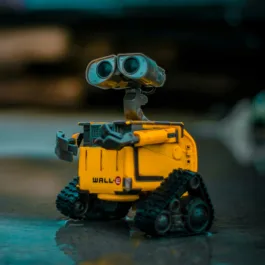
Sorry, the comment form is closed at this time.